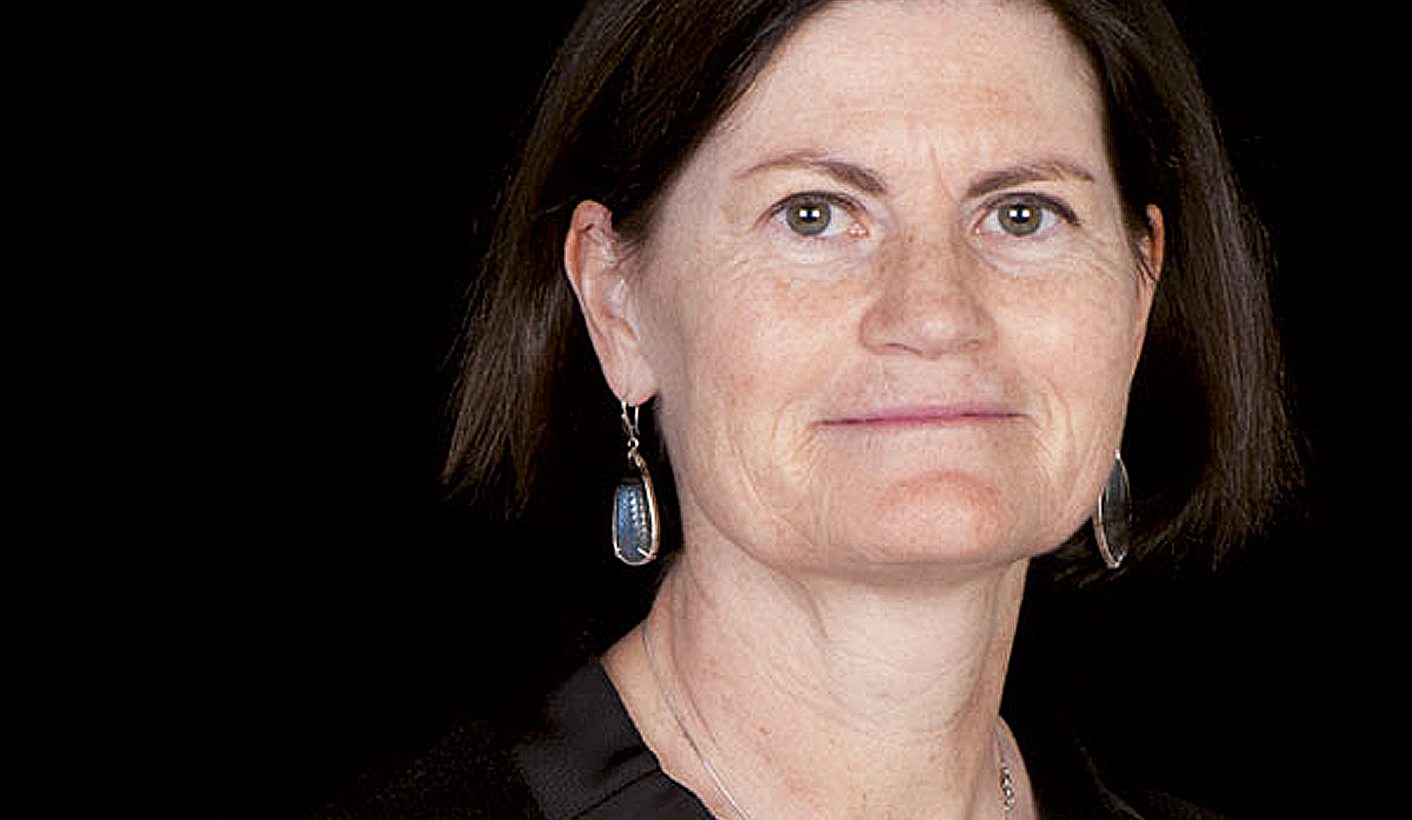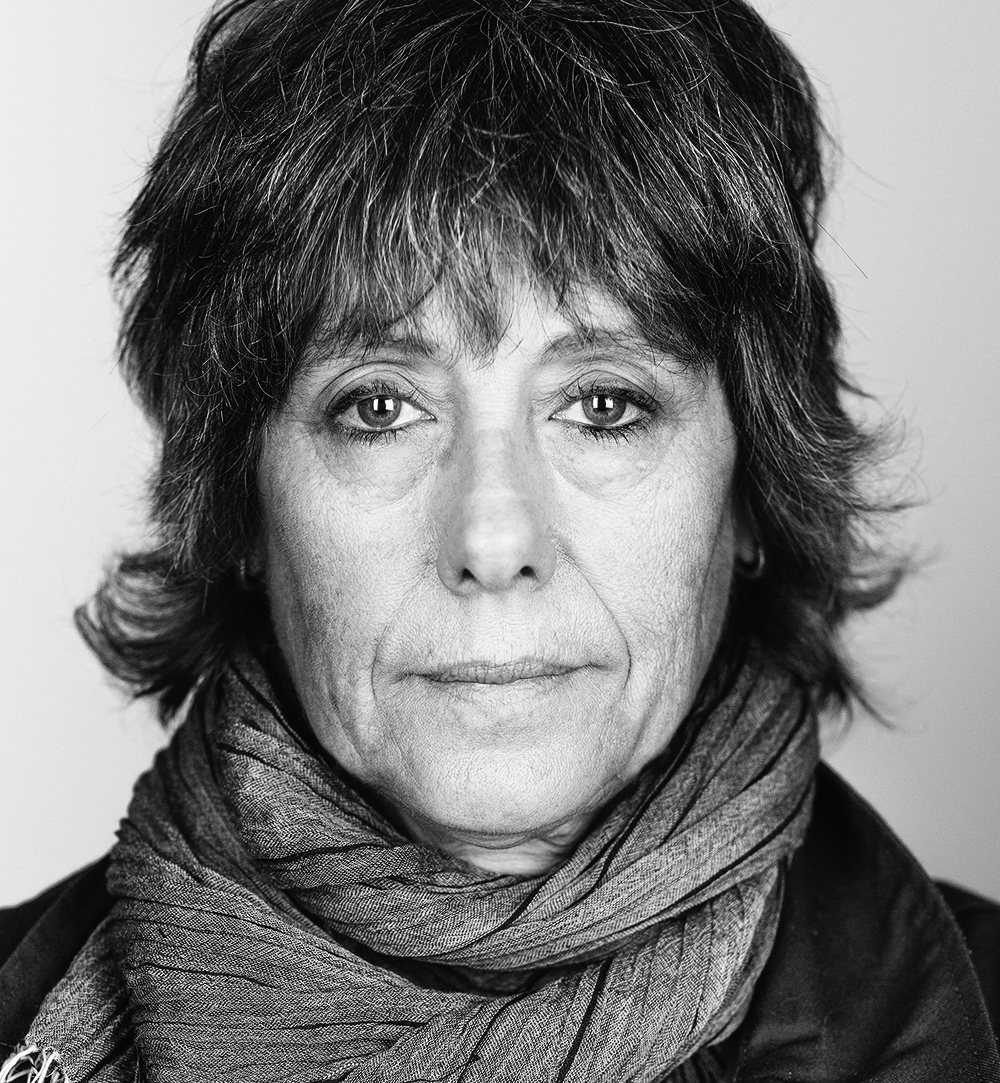So, you were thinking that political parties are corrupt, self-interested organisations dominated by power hungry elites who pursue their own interests or those of their wealthy backers, don't stand for anything and spend too much time in meaningless public squabbles? Welcome to the global emerging democracy citizens' club.
It was Thomas Carothers, a US expert on international democracy and US foreign policy, who in 2006 noted this “standard lament” from the citizens of democracies in the developing world and who seemed to agree that political parties are a bunch of self-serving schmucks who are only roused to action during elections when they seek our votes.
Be that as it may, political parties are essential to the functioning of any democracy and while their roles differ from society to society, “no workable form of democratic pluralism has been invented that operates without political parties”, Justice Kate O’Regan said in a public lecture Political Parties: The missing link in our Constitution? hosted by the University of Cape Town politics and law departments together with the My Vote Counts campaign.
My Vote Counts has been lobbying for several years for electoral and political party-funding reform and in June this year it lodged an application with the Constitutional Court for an order declaring that Parliament had failed its constitutional duty to enact national legislation bringing transparency on the private funding of political parties.
The African National Congress (ANC) itself has flagged the issue in its discussion document for its fourth national general council, due to take place from 9 to 12 October in Midrand. Factionalism and “money politics” have been identified by the party as “some of the critical weaknesses sapping the very revolutionary core of the organisation”. It noted that there had been no “systematic campaign to root this out”. The document also suggests that “many acts of corruption in government derive from party dynamics”.
Political patronage in provinces where businessmen and individuals cultivate relationships with local ANC politicians in return for various favours has fanned factionalism and undermined direct Luthuli House control. Cracking open the these networks will enable ANC treasurer-general Zweli Mkhize to manage these senior leaders.
While the ANC, as the majority ruling party, might have nothing to lose in disclosing who exactly their large backers are, it is opposition parties who are more likely to be threatened as the government or the ANC might “punish” businesses or individuals who are seen to be supporting an opposition party, rather than welcoming this as a key contribution to the multi-party democracy envisaged in the South African Constitution.
Eighteenth century Genevan philosopher Jean-Jacques Rousseau, fourth president of the US James Madison, and first US president George Washington all shared the view that political parties were organisations with “sinister interests” who were inclined to “pervert the will of the majority”.
Globally there is a growing disconnect between elected leaders and citizens and political parties are challenged by what Pippa Norris, of the National Democratic Institute for International Affairs, describes as the growing sophistication of anti-democratic forces. There is also the question of “dark lobbying” where large corporations seek to influence government policy in a variety of areas from health to energy supply and agriculture.
In other words how can we be certain that the political party of our choice genuinely represents our interests and not those of its wealthy donors or lobbyists? And how can we make political parties more accountable, less corrupt, and their funding more transparent? Does the country's common law make provision for this or should political parties be constitutionally regulated?
O'Regan highlighted some of these issues in her lecture describing the rise of political action committees (PACs) and independent expenditure-only committees (SuperPACs) in the US in the funding of political campaigns. While the US regulates, caps and bans campaign contributions and spending by candidates, campaign spending by PACs and SuperPACs has soared since a decision by the US Supreme Court in 2010 that corporations and trade unions may spend unlimited amounts to support or denounce individual candidates in elections.
“In the 2012 presidential election, non-party outside spending tripled to in excess of $1-billion and of that the SuperPACs spent $600-million. SuperPACs raise the bulk of their money from a small group of wealthy donors (around 180 people) and corporations who make very large contributions,” said O'Regan.
And while political parties played a key role in democracy, many constitutions, however, paid little attention to their roles, she added. The South African Constitution mentions political parties but does not regulate them “exhaustively”.
“There are no explicit rules regulating how political parties should function, whether their internal systems should be democratic, how they should appoint leaders and office bearers, how they should manage their relationship with their members, nor does the Constitution require auditing or disclosure of their finances,” said O'Regan.
While in South Africa political parties did have to account for funds provided by the state purse through the Public Funding of Represented Political Parties Act, funding from other sources remained secret.
However, the South African Constitution was not unusual in its “scant” provision for political parties and there were several explanations for this. Firstly, the “lack of fit” between the role of political parties in modern democracies and the idea that democracy meant government of the people, by the people and for the people; the fact that many believed that laws that regulate parties seemed to work so “if it ain't broke don't fix it”; that political parties were by nature transient and that regulating constitutionally would be unsuccessful; and finally, that those who had “most to lose in rethinking the manner in which constitutions and laws regulates political parties are those who have to take steps to address the problem” and that there was no incentive for them to do so.
At their best, said O'Regan, political parties made democratic government possible in large, complex and heterogenous societies. Successful political parties operated on three levels, within the party itself, within the broader community and within the structures of government.
Political parties, she added, did not always operate optimally and an important aspect of any constitutional design and practice was how to structure a system that ensured they did.
Electoral systems were one factor that determined the character and role of a political party and in South Africa, with its closed list of proportional representation, the right to vote is “yoked” to political parties.
In South African law political parties are viewed as “associations” or voluntary corporations – like churches and trade unions – which have a legal personality separate from that of their members and that acquire rights and obligations separate from their members. These voluntary corporations exist regardless of changes in their membership.
Apart from adhering to Section 19 of the Constitution (the right to form and participate in activities of political parties) there is no explicit constitutional regulation of what an association's constitution should contain.
Political parties also have to adhere to electoral rules; they must register with the chief electoral officer, have a name or abbreviation, a constitution, a logo and a deed of foundation signed by 500 registered voters. And that's about it.
O'Regan cited three modern constitutions forged “looking backwards” to an authoritarian past, those of South Africa, Portugal (adopted in 1977) and Germany (adopted in 1949).
“German basic law was adopted after World War II, in the wake of the horrors of the Nazi regime. In this respect the German constitution shares a similar focus to the South African Constitution. Both are committed to the principle of 'never again',” said O'Regan.
The German constitution was, however, the first to regulate political parties (bearing in mind the Nazi Party was initially elected by a popular vote) by inserting Article 21(1) which legislates that political parties must “participate in the formation of the will of the people”, “be freely established”, that their internal organisation “must conform to democratic principles” and that they must “publicly account for their assets and of the sources and use of their funds as well as assets”.
Parties in Germany which seek to impair or endanger the country's constitutional order are also unconstitutional. The Portuguese constitution requires that political parties be governed by the principles of transparency, democratic organisation and the participation of all their members.
O'Regan cautioned that there were at least three reasons to be wary of proposals to regulate political parties by law. This included the fact that constitutions are relatively fixed, inflexible and difficult to amend and, where more detailed rules are necessary, it would be best for these to be provided by legislation. She also cautioned that unwieldy constitutional or legal rules could inhibit policy debate within political parties and that legal reform could also relocate political contestation into the courts.
Conversely there were three arguments in support of an introduction to disclose financial statements and these were that political parties were mechanisms through which citizens exercised their political choices.
“A conscientious voter choosing how to exercise her right to vote would find it useful to have access to all the material information relevant to making a choice between political parties. Key to that, of course, will be the parties' policy platforms, but in addition, a voter would find it helpful to know whether there are material considerations that might undermine the parties' relative abilities to carry out their platforms,” she said.
Disclosure would also build public confidence in the political system and could also be a key mechanism for tackling corruption.
“I should note that in the last 10 years (between 2004 and 2014) South Africa has slipped more than 20 places in Transparency International's Corruption Perception Index from 44th to 67th. This alarming slide needs to be arrested and international experience suggests that a requirement of disclosure of political party finance might well assist this.”
Arguments against disclosure were that political parties are private organisations and that it might be improper to impose a duty to disclose. Some political theorists were of the view that there was a tendency to consider political parties to be “legitimate objects of state regulation to a degree far exceeding what would normally be acceptable for private associations in a liberal society”.
However, O'Regan suggested that this view did not constitute a “satisfactory reason for our refusal to regulate political parties more closely”.
The risk of harassment of donors of minority parties by governments in particular as well as ruling parties was also a risk and arguments that disclosure would result in this should not be dismissed out of hand. Disclosure, she said, was not the only mechanism, however, as some countries imposed caps and bans on finance.
South Africa did not ban donations from either foreign or anonymous sources. Ultimately, said O'Regan, a democracy depended on civic engagement for its success. DM
Photo: Former Constitutional Court Judge Kate O'Regan (Photo: Oxford Human Rights Hub)





